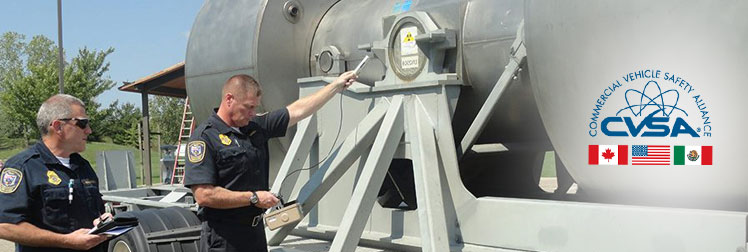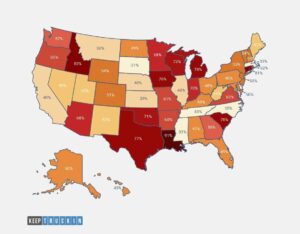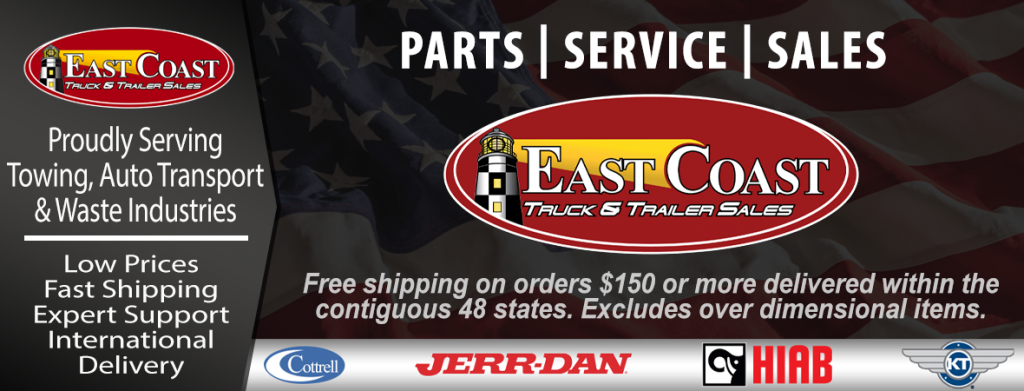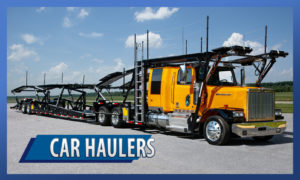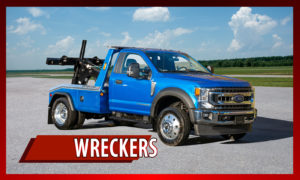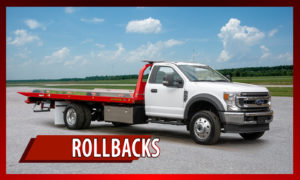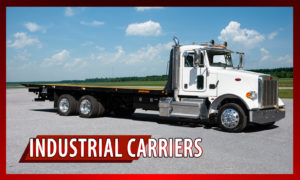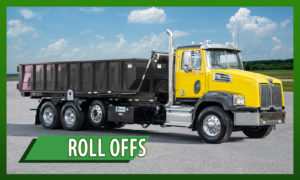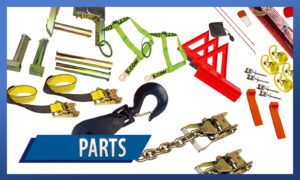ELD Data Collection May Help Truckers Avoid Roadside Inspections
Data Collected May Help the Trucking Industry in Other WaysMention ELDs in any freight yard or truck stop and you are bound to hear to a wide array of opinions from those that praise them to those whose language is best left out of print. The fact is that they are with us to stay and thanks to some of the data mining experts at ‘Keep Truckin‘, you might find they are a more valuable asset than you would have ever believed.No one in the trucking industry, carrier or driver, benefits from time spent going through roadside inspections, especially, a time-consuming Level 1 inspections.
‘Keep Truckin’ has discovered by carefully studying information collected by their units that the risk of being subjected to this nuisance can be greatly reduced.
The company began by focusing on four key areas;
- Inspections by cargo types
- How violations vary state to state
- Most common types of violations
- Time period of inspections
Inspections by cargo types
Shoaib Makani, CEO, and founder of ‘Keep Truckin’ explained, “Nobody actually notices it, but the fact is that certain cargo types do get a lot more Level-1 inspections,” explains. “There can be many factors at play, but we analyzed all data from 2016, and a few categories kept coming on top. We hope fleets can use this information to maintain smoother operations and prepare their vehicles for Level-1 inspections.”
Carriers most likely to be inspected in descending order are:
- Driveaway-Towaway operations
- Fresh produce,
- Chemicals,
- Household goods,
- General freight
The least likely to be inspected are those carrying coal, coke or livestock.
How violations vary state to state
While the regulations contained in the Safety Measurement System (SMS) are supposed to be uniformly used in the calculation of BASIC scores. Research by the American Transportation Research Institute has determined otherwise and this finding is supported by the ELD data.
Makani noted. “Violations are a big problem for fleets and CMV drivers. With our data, we found that different states may have varying degrees of strictness. And, if you are operating in states like Connecticut, Idaho, and Louisiana, you need to be more vigilant. Having proper tracking systems and electronic logs in place can help fleets and drivers prevent violations.”
Most common types of violations
Noting the above it should not be a surprise that the most commonly cited violations also vary from state to state. But it was discovered that overall the most commonly occurring violations were:
- All mandatory lamps should be capable of being operated at all times (704,167 violations)
- Parts and accessories must be in safe and proper operating condition at all times (293,118 violations)
- Every commercial motor vehicle must be operated in accordance with the laws, ordinances and regulations of the jurisdictions in which it is being operated (190,337)
- The motor vehicle should be free of oil and grease leaks (189,981)
- The pushrod stroke must not be greater than the values specified (181,320)
Time period of inspections
Perhaps the most valuable bit of information that can be discovered from studying ELD reports is that depending on your location the majority of inspections seem to occur during set time periods.
As examples ‘Keep Truckin’ offered this break down from the State of Kansas. In Johnson County, 78.6% of inspections occur between the hours of 8 a.m. and 2 p.m., however, in Belleville, KS, 80% of inspections take place between 3 p.m. and 9 p.m. and in Sedgwick County, 53% of inspections are between 7 a.m. and 10 a.m.
Being aware of what inspectors are most focused on for a given location and the times that your rigs are most likely to be inspected can be invaluable in maintaining a positive safety score. After all the easiest check to pass is the one you never drive into.
East Coast Truck and Trailer Sales will guarantee the BEST customer service and the BEST price on your towing parts and car hauler parts. Getting the right part for the job is critical in the towing and auto transport industries – which we why we carry a variety of products that are safe and efficient and will fit your needs. Shop online for towing supplies, auto transport supplies, or give us a call at 1-866-490-7278 today! We focus on providing you with great products and service to help grow your business.
